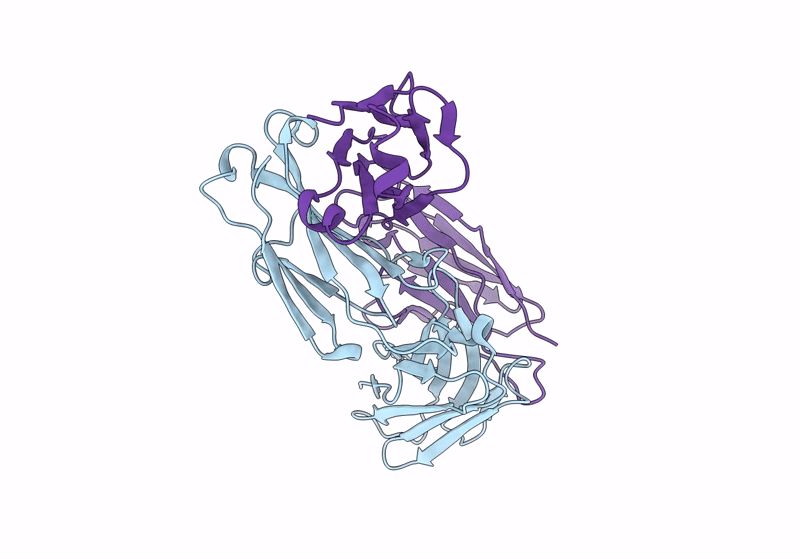
Deposition Date
2023-06-01
Release Date
2024-03-27
Last Version Date
2024-10-23
Entry Detail
Biological Source:
Source Organism(s):
Oryctolagus cuniculus (Taxon ID: 9986)
Expression System(s):
Method Details:
Experimental Method:
Resolution:
2.30 Å
R-Value Free:
0.25
R-Value Work:
0.21
R-Value Observed:
0.21
Space Group:
P 31 2 1


